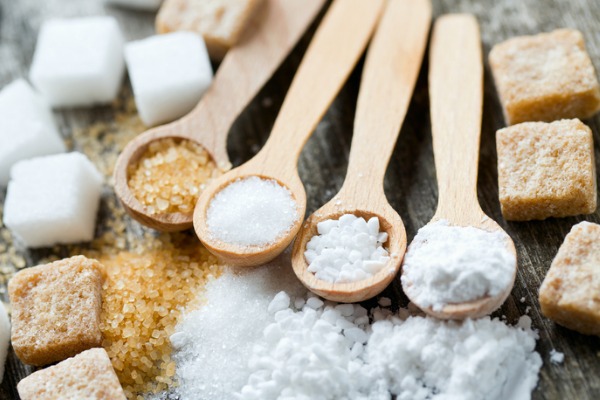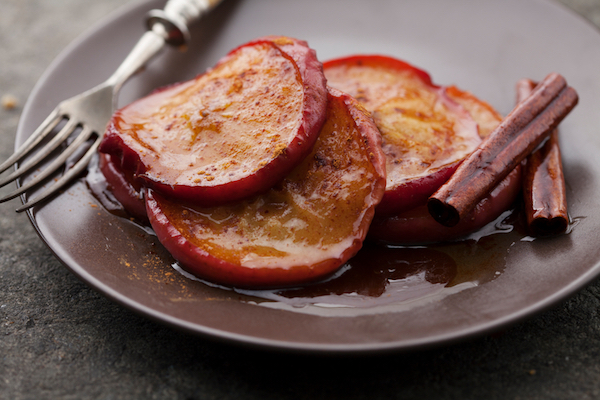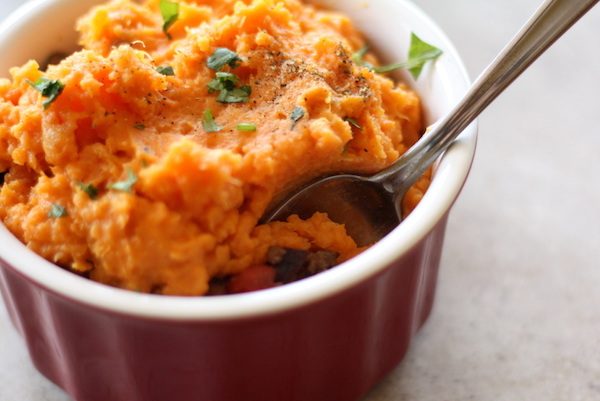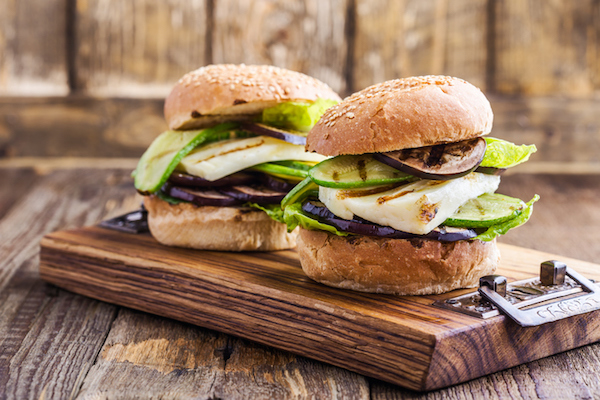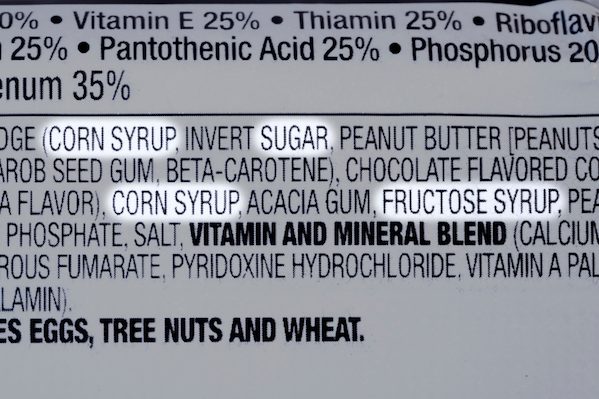
Curbing Your Sugar Cravings
The body processes ALL forms of sugar in the same way and ANY large amount can contribute to unwanted weight gain.
If you’ve never learned about the concept of fatty liver, now’s your chance. It’s quite an interesting topic and rather simple to explain. A person’s liver gets “fatty” when it becomes overloaded with sugar (specifically fructose), which can also be the result of too much drinking since the liver breaks down fructose and alcohol in the same way.
It’s reasonable to assume that fatty liver precedes metabolic disorders, such as diabetes. It’s an early sign of sugar toxicity as well. Some symptoms of fatty liver include:
- Fatigue
- Abdominal Pain
- Jaundice (yellowing of the skin & eyes)
- Weight Gain
But here’s the kicker, you don’t need to be overweight to have fatty liver. A person can be fit and in shape and still be “fat” on the inside. This may be because nutritional labels aren’t precise when describing sugar, which leads to more intake than we’re aware of.
Where to Draw the Line?
In my opinion, sugar is fine in its natural state (fruit for example). When you eat an apple, you’re also taking in fiber which slows the absorption rate of sugar. This process alone prevents an extra burden on your liver.
On the contrary, you may think you’re making a healthy choice by drinking apple juice. But most apple juices contain little fiber, and a lot of refined sugar. That said, you’re actually contributing to fatty liver, as opposed to eating healthy.
The best advice I can give is to stick to REAL foods. This means you should limit processed or packaged foods as much as possible. For example, instead of eating cereal for breakfast, try a couple hard boiled eggs and some blueberries or a banana. Of course it’ll take some getting used to, but you’ll be making a significant contribution to your long term health.
Sugar Substitutions:
Stevia is one of the healthiest sugar substitutions. This plant-based natural sweetener has no calories and makes no apparent impact on blood sugar levels. The taste of stevia can be a little funny at first, but it does the trick when needed (coffee, tea, oatmeal, etc). Just make sure not to overuse it because it’s quite potent.
From a baking standpoint, other natural forms of sugar can be considered, which include:
- Organic Maple Syrup
- Organic Raw Honey
- Coconut Sugar
Keep in mind, all forms of sugar are processed by the body in the same way and any large amount will contribute to fatty liver and/or unwanted weight gain. Certain forms of natural sugar are slightly better on a limited basis. However, it’s best to keep all consumption at a minimum.
Curbing Sugar Intake:
Let’s face it, the addictive component of sugar consumption is a very real thing. That said, it’ll take a significant effort to curb your sugar cravings. From personal experience, I’ve found healthy fats assist greatly in keeping sugar intake at a minimum. Healthy fats provide several important nutrients and prevent spikes in blood sugar.
Excellent sources of healthy fats include:
- Hard Boiled Eggs
- Avocados
- Greek Yogurt (plain, full-fat)
- Nuts (raw almonds, cashews, walnuts)
Any time I eat a piece of fruit, I try to supplement it with a small handful of raw almonds or walnuts. The healthy fats from the nuts slows down the absorption of sugar.
Live in Your OcularPrime:
The more nutritional knowledge we obtain, the better choices we can make. Believe me, I enjoy a donut from Zaro’s as much as anyone, but donuts don’t help me function at my best. Period.
Even though our body’s crave sugar early and often, it’s best for us to take in the nutrition we actually needs. If you eat something your body doesn’t need, it’ll eventually let you know.


